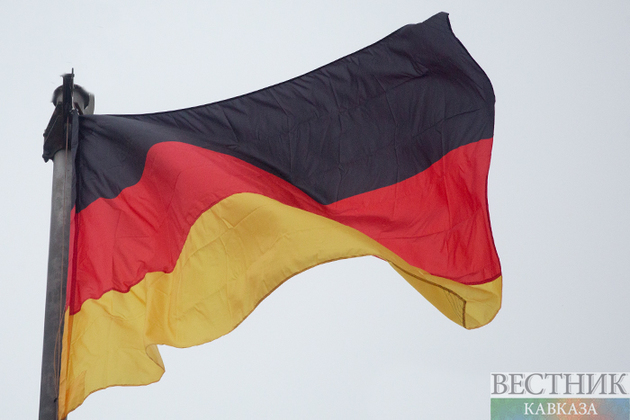Germany has opened its floating liquefied natural gas terminal in the North Sea port of Wilhelmshaven, marking a crucial milestone in its quest for energy independence from Russia. The Finacial Times notes that Olaf Scholz, chancellor, inaugurated the Høegh Esperanza floating storage and regasification unit (FSRU), one of five that the German government has contracted to fill the energy gap that formed after abandonment of Russian gas.
“This is a very important contribution to our security . . . and a good day for Germany,” Scholz said in Wilhelmshaven.
The Esperanza, a specialised ship the length of nearly three football fields, is carrying 170mn cubic meters of LNG, much of it originally from the US — enough to supply 50,000 households with gas for a year. Over the coming weeks it will be reconverted to gas and fed into Germany’s onshore pipeline network.
Reduction of gas exports to Germany plunged Europe’s largest economy into its worst energy crisis. Earlier, Russia accounted for more than half of Germany’s gas imports.
Berlin’s efforts to find a substitute were impeded by its complete lack of LNG import infrastructure and its near total reliance on pipelines such as Nord Stream 1 that brought gas directly from Russia. Since the start of the year Scholz’s government has expended huge effort — and spent billions of taxpayer euros — on rectifying that.
It contracted five FSRUs, each with a capacity of 5bn cubic meters a year of gas. It also pushed through the construction of new permanent LNG import terminals, one of which will be built in Wilhelmshaven.
“Russia’s president Putin thought he could blackmail us by switching off the gas supply,” Scholz said. “He was wrong.” The chancellor added that Germany would soon have an LNG import capacity of 30 bcm/y on its northern coasts. “That is equivalent to more than half of the entire volume of pipeline gas that flowed to Germany from Russia last year,” he said.
The infrastructure for the Wilhelmshaven FSRU was built in 10 months — a record for a country where big energy projects tend to take years to complete.
“When we said such a terminal should be built in Wilhelmshaven this year, people said that’ll never be possible, that’ll never succeed,” Scholz said. “And the opposite is true.” “That is now the new pace with which Germany is driving infrastructure projects, and it should be a model — not just for this facility, but for many others, too,” he said.
The Esperanza will be supplemented by a second FSRU, the Høegh Gannet, which will go into operation in the nearby port of Brunsbüttel in January. A third, private, FSRU — the Neptune — will be inaugurated in Lubmin on the Baltic Sea coast later this month.
“This is a milestone for Germany becoming energy independent,” Erik Nyheim, chief executive of Höegh LNG, which owns the Esperanza, Gannet and Neptune, told the Financial Times.
Nyheim said the Höegh Esperanza, Gannet and Neptune would have a combined regasification capacity of 17.5bn cubic meters a year, representing “a significant contribution” to Germany’s energy supply. It is about a third of the volume of gas — 50 bcm — that the country imported from Russia last year. Nyheim said that Höegh will have five FSRUs deployed in Europe by next year — half of its fleet — as the continent ramps up its LNG import capacity.
Climate activists have said the investments in new LNG infrastructure do not make sense when the EU is seeking to go carbon neutral by 2050 and reduce its emissions by 55 per cent by 2030 compared with 1990 levels.
“We are threatened with massive overcapacity and lock-in effects — although gas consumption in Germany has to fall dramatically in the coming years,” said Sascha Müller-Kraenner, head of German Environmental Aid.
Nyheim said with Russian supplies dropping to near zero, there was little alternative to the new import terminals. “Last year, Europe imported 150bn cubic meters of gas from Russia,” he said. “That now has to be replaced by LNG.”
Olaf Lies, economy minister for Lower Saxony, the state in which Wilhelmshaven is located, said concern about overcapacity was misplaced. “The worry isn’t this winter,” he said. “We have to keep any eye on the winter of 2023-4, which we won’t go into with the well-filled storage that we have this year.” “That’s why Germany needs the terminals.”






